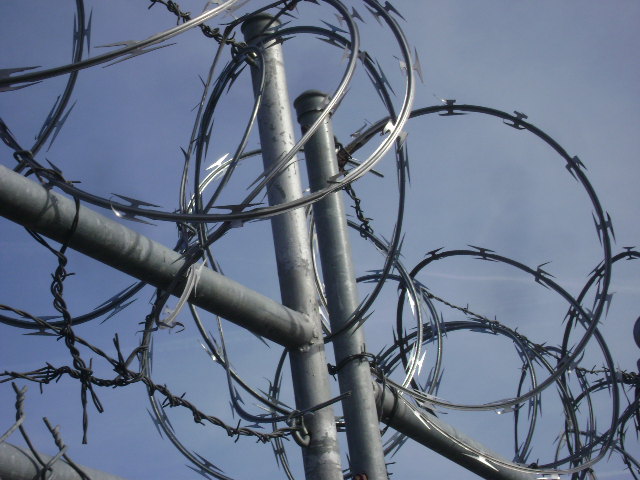As the voting in the US election has come to an end, the issue of voting remains current in the UK. The European Court on Human Rights ruled the current ban on prison voting in the UK to be in breach of human rights and the government has been given until November 22 to make a formal response.
The European court rules that every country can decide on how they choose to give prisoners the right to vote. However, a total ban which exist in the UK at the moment is in breach of the human rights act.
The issue has been handled differently around the world.
In the United States the issue is solved on a state level. Kentucky and Virginia have lifelong bans on voting for people with prior convictions. However, Maine and Vermont allow prisoners to vote.
In Europe the practice of voting varies between countries. Many countries allow for prisoners to vote such as Norway, Germany, Sweden, Poland and Romania. In Russia prisoners do not have this right, people sentenced to labor or people who received suspended sentences or other punishments can cast their vote.
In Australia, a prisoners right to vote is revoked if they are sentenced to three years or more.
The issue became evident in the UK in 2005 when the European Court of Human Rights ruled in the Hirst v United Kingdom case that the ban on prisoners right to vote contravenes article 3, of protocol no 1 of The European Convention of Human Rights which gives the right to free elections and the freedom to choose the legislature.
Prime Minister David Cameron recently said in parliament that prisoners would never get the right to vote under the current government. During a vote last year a majority of the MP’s voted to continue with the historic ban. When appearing in parliament, Cameron went on to say that if needed he will ask for another vote just to get his point across.
The discussion has created a divide between those who believe the ban should be lifted and the ones that agree with the Prime Minister.
The discussion regarding the response to the Courts ruling is believed to be slowed down for the coming weeks due to the crime commissioner election. Nick King, the Conservative candidate for Police and Crime Commissioner in the Dorset Police Force area agrees with Cameron and believes the ban should stay. “If you’ve done something that warrant prison you forfeit the right to vote.” he says.
Opposing the ban on voting is Attorney General Dominic Grieve who is worried about the potential damages to the reputation of Britain if the the courts ruling is overlooked. He expressed his concerns when appearing in front of the Justice committee on Wednesday, October 24th. There is also a possibility of the UK being booted out of the European council.
Amnesty UK will not comment on the issue itself, but states the importance of abiding by the Courts rulings on human rights in general.
Human rights organisation, Liberty is looking for a “more rational domestic debate about what prisoner voting bans really achieve and if and when they might be appropriate?”







